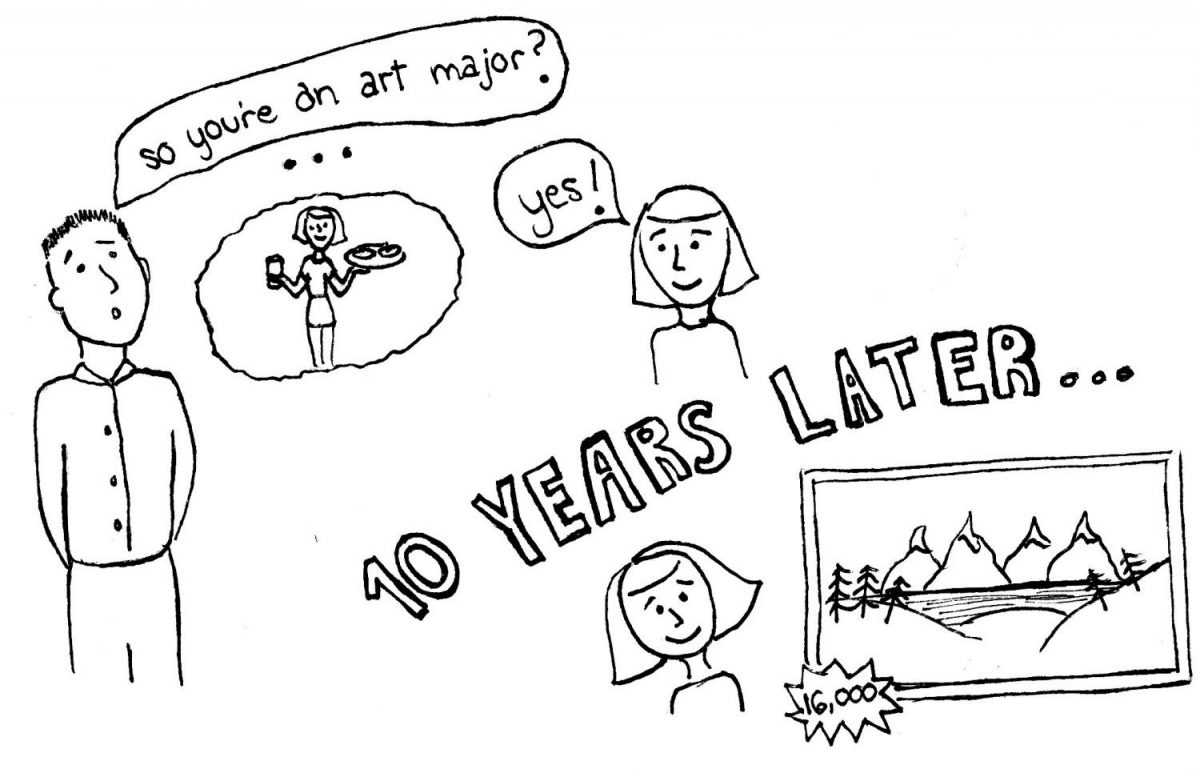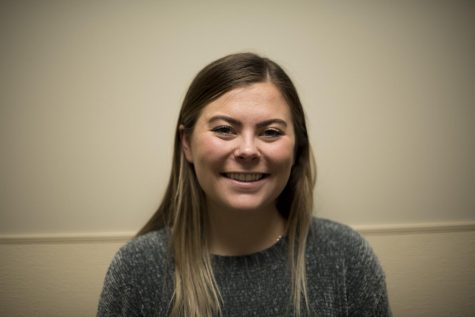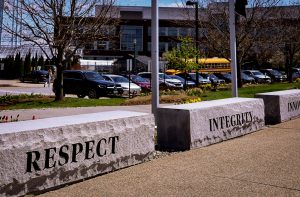Humanities students fight stigma
September 29, 2017
I always feel a pang of anxiety when people ask me about my major.
Expressions of confusion, pity or even disgust flash across their faces when they hear the answer. When I say I’m an English major, they hear, “I’m a fool who wants to be in debt for the rest of my life.”
When I told my dentist I want to be a writer, he rolled his eyes and left the room.
People who spit on my aspirations don’t understand that my goal is not to be wealthy. My goal is to do fulfilling work that will make me proud.
While I recognize the practical need to get a job that pays the bills, I’m not intimidated by the prospect of having to live frugally for the rest of my life.
Humanities majors can relate to the feeling that society considers their area of study frivolous.
It’s not surprising that this stigma exists, given that engineering majors had estimated starting salaries nearly $19,000 higher than humanities majors in 2016, according to an April 2015 TIME magazine article.
It’s also not surprising that humanities majors at UVM feel inferior when they are pushed to moldy corners in crumbling buildings while science majors sit comfortably in the glittering $100 million STEM complex.
While I can’t deny that a major in science or business will likely earn a bigger paycheck, it is wrong to conclude that pursuing a less lucrative degree is foolish and less valuable.
It’s misleading to say that humanities majors are not employable.
“English majors excel at written and oral communications, persuasion, creativity, critical thinking, research and editing—skills integral to a wide range of professions,” according to the English department website.
In other words, humanities majors are capable of finding respectable jobs.
Humanities majors aren’t stupid; they know that they’re not likely to earn millions of dollars after graduation. They do what they do out of passion.
Before you criticize a non- STEM major for pursuing what they love, consider what life would be like if the world was populated solely by engineers, physicians and computer scientists.
We would have no one to give us the news, entertain us, translate for us or tell us about our history.
You can try to discourage us with bleak statistics, but you can’t argue that we’re wasting our time.








